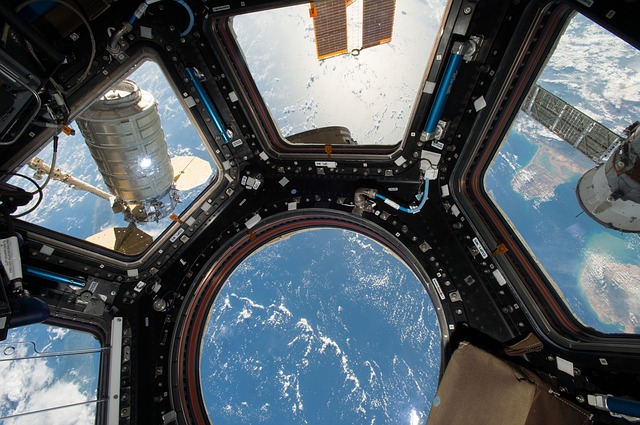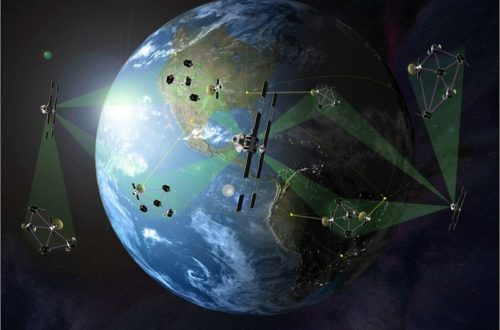Does Space Tourism Have Health Risks?

Until recently, the idea of traveling to space was restricted to highly trained, healthy and strong individuals called astronauts. If you had any health problems, even something simple like flat feet or glasses could keep you out of the space program and stuck on the ground. Recently, space billionaires like Elon Musk and Jeff Bezos have started to expand the list of people who can travel to space — and it doesn’t require any sort of training at all.
There’s one question that hasn’t been asked, even as Tesla, Boeing and others start building their space planes — does this push toward space tourism have any health risks we should be concerned about?
Twins in Space
While NASA is still collating the data it has collected over the past year, it’s started releasing some of the early findings from the Twins Study. Astronaut Scott Kelly spent nearly a year on the International Space Station, returning home in March of 2017, while his twin brother Mark Kelly was here on Earth. This unique opportunity allowed NASA to study the effects of long-term space travel on the human body — comparing Scott’s changed body to his twin’s terrestrial form.
They found that, among other things, prolonged space travel contributes to a variety of changes in the body — from lessened bone formation to changes in the astronaut’s DNA. It even affects the bacteria in the astronauts’ gastrointestinal tracts.
This study looked at the effects of long-term space travel, though. Does short-term space tourism present the same sort of health risks?
Rising G-Forces
One of the biggest things that put a hold on the idea of space tourism was the fact that it was believed you needed to be in peak physical condition to be able to survive the rigors of space travel. Astronauts who travel into space experience roughly 3Gs during launch, or three times the force of Earth’s gravity. Fighter pilots experience between 8 and 9Gs during high-speed maneuvers, and even roller coasters can generate pressures of up to 6Gs, though it’s only for a few seconds at a time.
It’s been found that the human body can withstand gravitational forces of up to 46.2Gs — but only for a few seconds.
When you compare that to the relatively small gravitational forces generated by a rocket launch, it makes sense that even people of average health would be able to withstand the G forces that accompany space tourism.
Space Anxiety
The physical aspects of space travel aren’t the biggest obstacle for space tourists — it’s the psychological impact of leaving the planet you call home behind. If someone experiences anxiety or a panic attack on an airplane, it can either be managed or the plane can be landed if need be.
On a space flight, even one that is simply utilizing high altitude to shorten commute times, it is difficult or impossible to turn around and land, especially once the rocket has ignited.
Well-Documented and Well-Controlled
Can people with health problems even potentially fly in space one day? Most experts say yes, on one condition — as long as the medical condition is both well-documented and well-controlled. A patient with high blood pressure could potentially have a heart attack in flight if their condition is not controlled, but high blood pressure is something that can be controlled with treatment and medication.
It is something that will be assessed on a case-by-case basis. Once these space planes start flying, there may still be some more conditions that could prevent an individual from being able to participate, but that remains to be seen.
The risks of space tourism are, for the most part, well documented. Astronauts have been facing the risks associated with microgravity, interstellar radiation and acceleration for many years, since the first Apollo astronauts orbited the Earth. The short trips that are likely going to be associated with space tourism probably will not increase those risks, but we won’t know more until the first space planes are ready to launch.
Space tourism is the wave of the future. Between Elon Musk with his BFR, Sierra Nevada Corp.’s Dream Chaser and everyone else who is trying to get their fingers in the space tourism pie, it probably won’t be long before we can book a flight in orbit, and eventually to the moon and beyond.
Would you like to receive similar articles by email?





